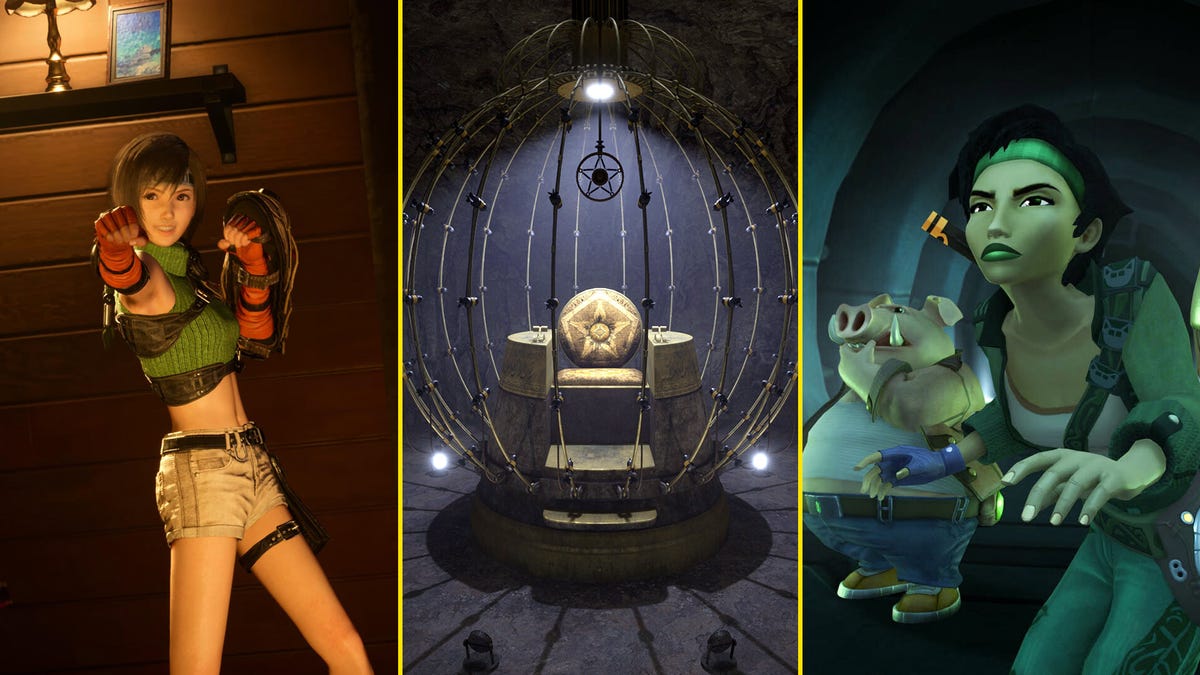Play it on: Windows (Steam Deck: YMMV)
Current goal: Develop a better understanding of control voltage
I do love video games, but I probably love making music even more. And over the past five years, I’ve only developed a greater appetite for and interest in synthesis—particularly modular synthesis, as I’m no keyboard player. But not only am I not a keyboard player, I’m also a guitarist (the horror), so I come to synths with that perspective. This weekend I’ll be spending some time with The Signal State, a simulation of modular synthesis packaged as a puzzle game. It’s fairly accurate to how synthesizers work but, most importantly in my case, it really focuses on the flow of voltage. That’s the sort of training I need right now.
Read More: This Puzzle Game Is A Fun, Affordable Way To Learn Electronic Music
Though I have a nice collection of Eurorack-compatible synthesizers, that ever-troublesome guitar background of mine means I approach them more musically and aesthetically, with standard and avant garde musical theories as my underpinnings for how I craft tonality, harmony, and melody. That’s not necessarily a problem, but I could use a better understanding of how voltage flows, combines, splits, can be attenuated, and more. The Signal State’s puzzles are all about that, asking you to route signal paths in specific ways such as, “SRC 2 is a binary signal. When it is at 100 volts, send SRC 1 to OUT 1. Otherwise, send 0 volts to OUT 1,” or, “Send SRC 1 to OUT 2, but with its intensity boosted by a percentage by SRC 2.”
Riveting stuff, huh? Sure, it’s dry. But dry is what I need right now and The Signal State seems like the perfect set of exercises for me to just drill the basics of voltage flowing across a system. This is especially useful for me as I’m slimming down the number of individual Eurorack modules I own to prioritize my use of semi-modular gear. So as I figure out what modules I’m keeping to fit into a tinier, more portable 42HP rack, hopefully The Signal State will key my brain into thinking more about direct utility and voltage control than shiny, fancier stuff (but damn do I really want that Qu-Bit Nautilus delay module and maybe it was a mistake to sell my Monsoon…).
And though I do use and love VCV Rack, that’s an actual piece of music software and doesn’t have the puzzles, challenges, and restrictions that are conducive to making progress in learning new skills (especially musical ones). — Claire Jackson

